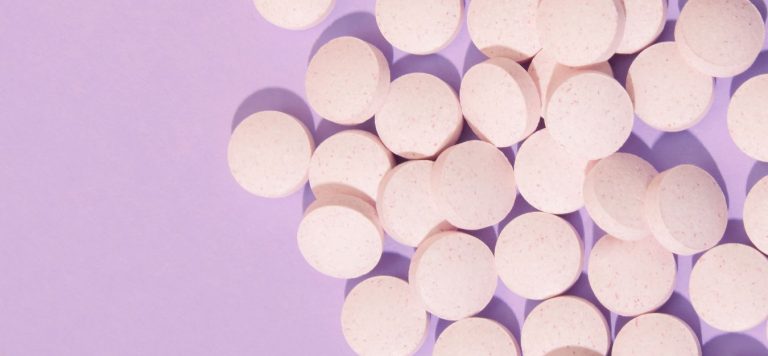Fast Relief for Migraines
Migraines can be incredibly painful and disruptive, making it hard to work, concentrate or enjoy your day. If you're someone who experiences frequent migraines, you know how important it is to find treatments that offer fast and effective relief. Fortunately, there are several treatment options for migraines available, from new prescription medications to over-the-counter remedies. Here's a look at some of the most effective treatments, starting with one of the newest options, Qulipta.
1. Qulipta (Atogepant)
Qulipta is a prescription medication specifically designed to prevent migraines. It's part of a class of drugs called CGRP inhibitors. These drugs block a protein (CGRP) involved in migraine attacks. Unlike other treatments that you take during a migraine, Qulipta is taken daily to prevent migraines from happening in the first place.
Qulipta helps reduce the frequency and severity of migraines. Many patients report having fewer migraine days per month and less intense symptoms. Because it's taken daily, it helps manage migraines before they even begin.
2. Triptans (Sumatriptan, Rizatriptan)
Triptans are prescription medications that are used during a migraine attack. They work by narrowing blood vessels in the brain and reducing inflammation, which helps relieve pain, nausea and sensitivity to light and sound.
Triptans are among the most commonly prescribed migraine treatments and can provide relief within 30 to 60 minutes. They work best if taken at the first sign of a migraine.
3. NSAIDs (Ibuprofen, Naproxen)
Nonsteroidal anti-inflammatory drugs (NSAIDs) reduce inflammation and block pain signals. They are available over-the-counter and can be helpful for mild to moderate migraines.
NSAIDs like ibuprofen (Advil) or naproxen (Aleve) are fast-acting and easy to access. They work best when taken early in the migraine and can help with headache pain, body aches and swelling.
4. Gepants (Nurtec ODT, Ubrelvy)
Gepants, like Qulipta, block CGRP, but they are used to treat a migraine attack as it's happening rather than preventing it. These newer medications are often well tolerated and don’t cause rebound headaches, a common problem with older drugs.
They offer relief within two hours and are ideal for people who can’t take triptans due to heart conditions or side effects. Nurtec ODT (orally disintegrating tablet) is especially convenient for people who can’t swallow pills during a migraine.
5. Ditans (Reyvow)
Ditans are another class of acute migraine treatments. Reyvow is the first and only approved ditan. It works by targeting serotonin receptors in the brain to help reduce pain and other migraine symptoms.
Reyvow provides pain relief without narrowing blood vessels, which makes it a safer option for people with certain cardiovascular issues. Relief can start in as little as one hour.
6. Anti-nausea Medications (Metoclopramide)
Migraines often come with nausea or vomiting. Anti-nausea medications help calm the stomach and make it easier to keep other medications down.
They don’t treat the migraine directly but can be a helpful addition to pain-relieving meds. Some anti-nausea drugs also have mild pain-relieving properties and can help speed up migraine recovery.
7. Cold Compresses and Rest
Applying a cold compress to the head or neck can reduce inflammation and numb the pain. Lying down in a dark, quiet room helps reduce light and sound sensitivity.
This is a simple, drug-free approach that can ease symptoms naturally. It’s especially helpful for people who are sensitive to medications or need extra relief while waiting for meds to work.
8. Caffeine
In small amounts, caffeine can reduce migraine pain by constricting blood vessels and increasing the effectiveness of pain relievers.
Some migraine medications actually include caffeine. Drinking a cup of coffee or tea at the first sign of a migraine can be surprisingly helpful — just be careful not to overdo it, as too much caffeine can lead to rebound headaches.
Final Thoughts
Migraines are tough, but relief is possible. Whether you're looking to prevent them with a daily pill like Qulipta or stop them quickly with triptans, gepants or over-the-counter options, there are many effective ways to manage migraine symptoms.
Talk to your doctor about what works best for you — especially if you experience frequent or severe migraines — and take steps to catch attacks early for the best chance of fast relief.
Keep reading to learn about common signs and symptoms of brain tumors.

